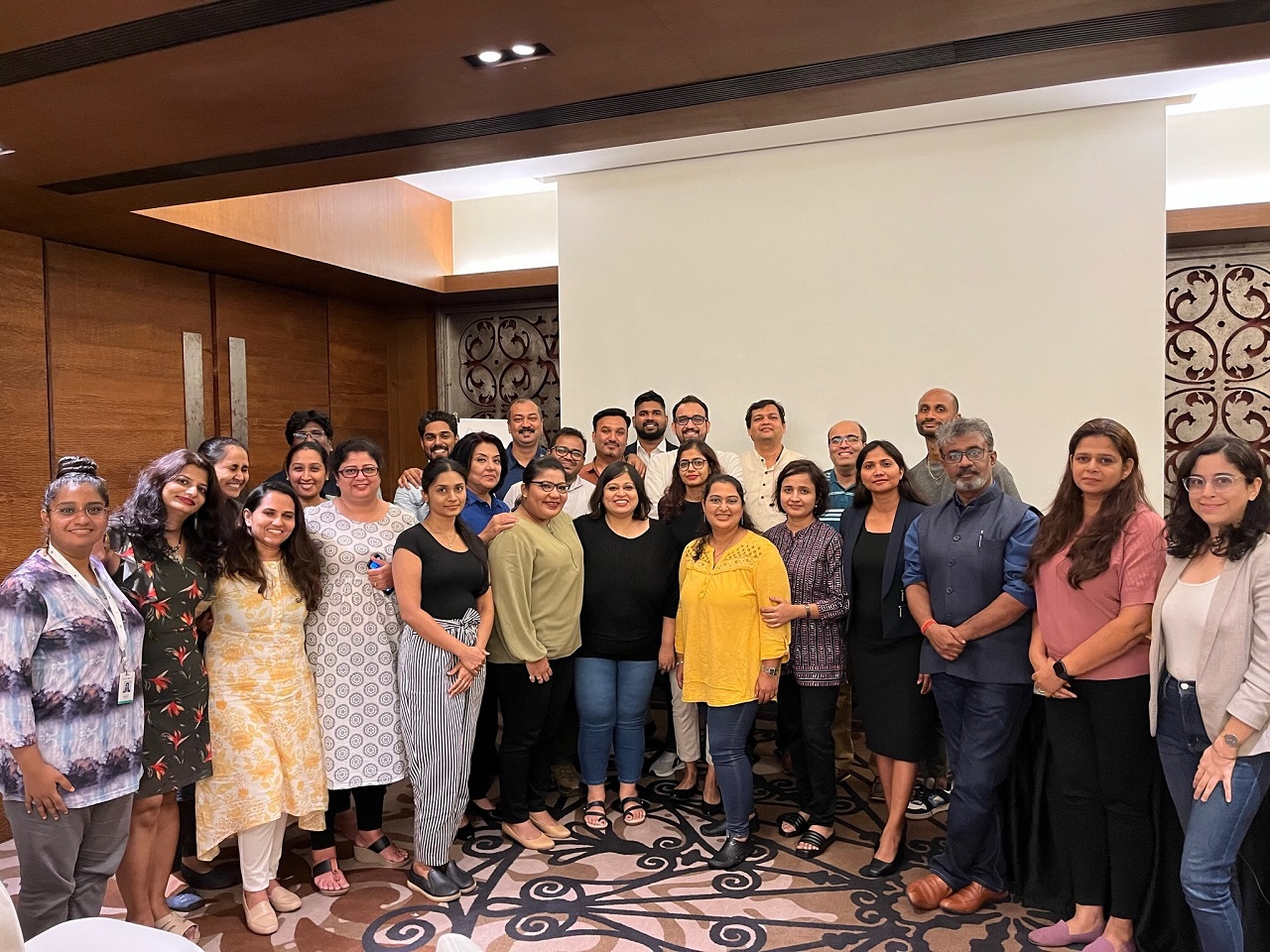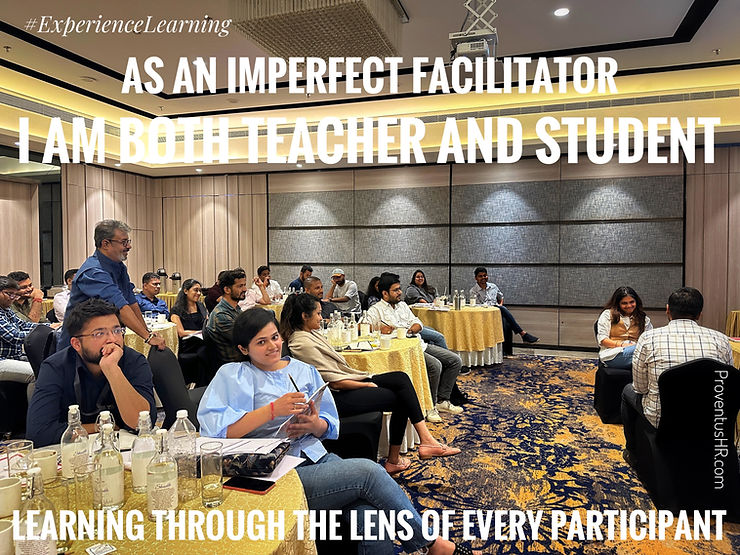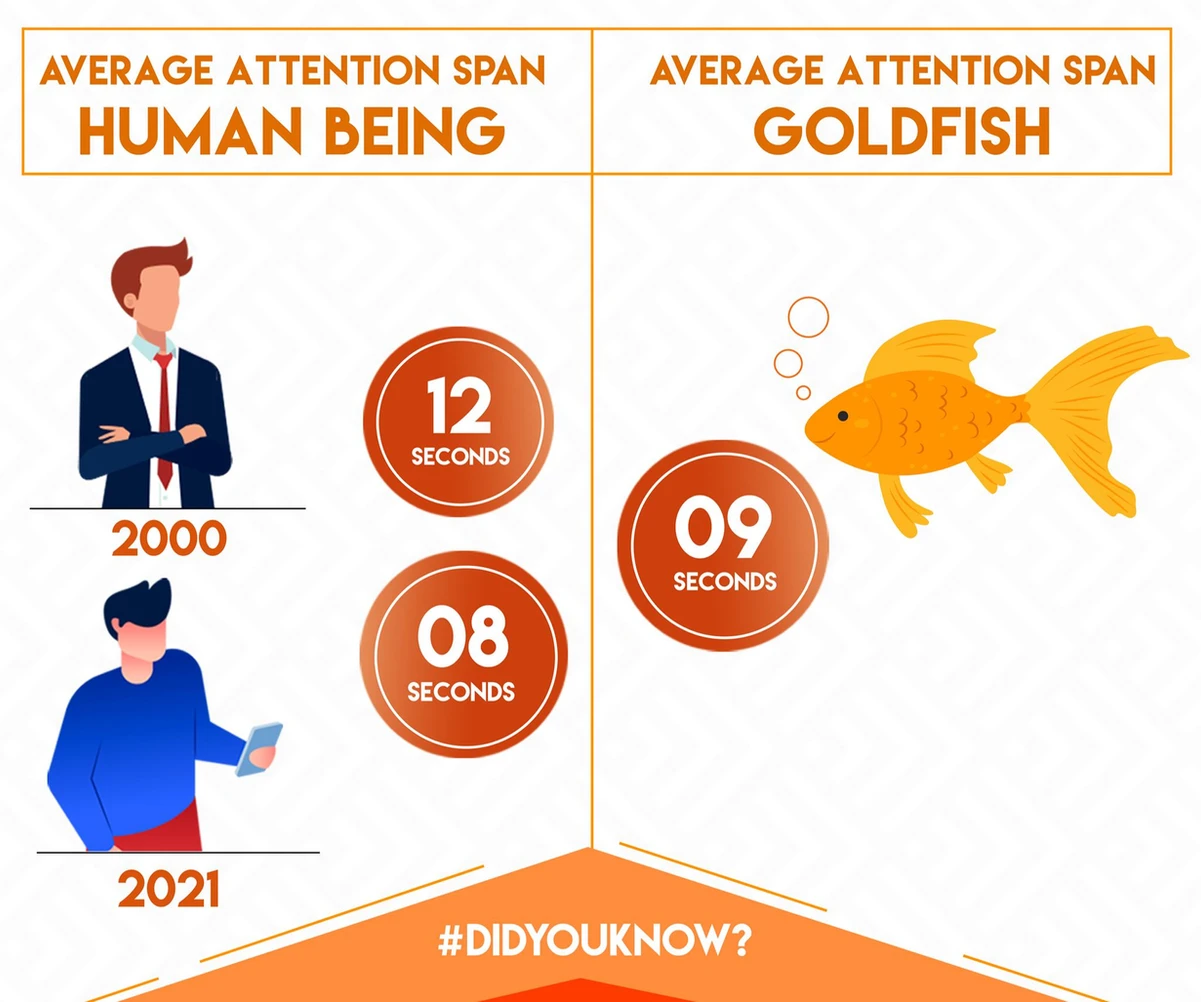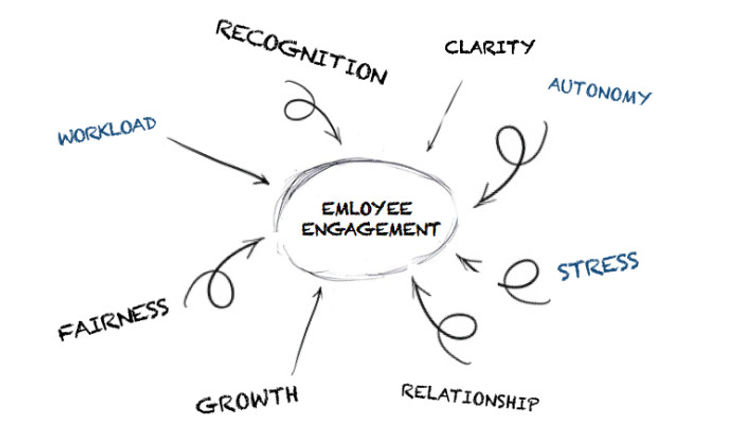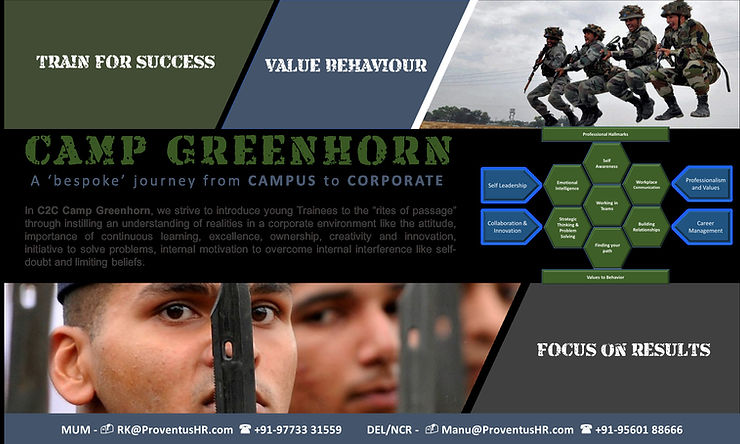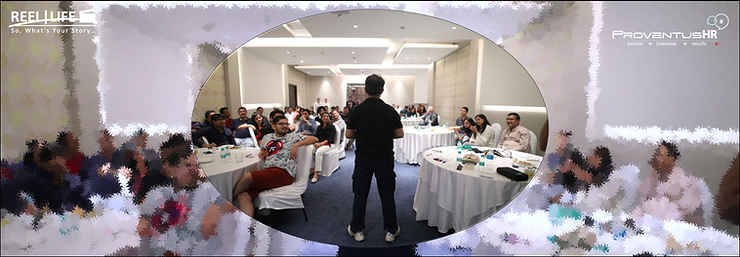The Myth of the Quick Fix: Cultivating Sustainable Leadership and Behavioural Change in the digital age, we are bombarded with solutions promising quick results—whether it’s for personal health, productivity, or even leadership development. Yet, as Rory Sutherland astutely argues in his talk, “Are We Now Too Impatient to Be Intelligent?”, this obsession with speed often leads us to overlook the value of patience and long-term thinking. Nowhere is this more evident than in the realm of leadership and behavioral development among corporate leaders.
The Fallacy of the Standalone Intervention
Imagine expecting a seasoned leader, someone who has spent decades honing their decision-making abilities, to undergo significant behavioural transformation after a single workshop or seminar. It’s akin to assuming that a one-time visit to the gym will turn an average person into an athlete. It simply doesn’t work that way. Behaviour is shaped over years of lived experience, and for mid-senior level leaders, these behaviors are often what have enabled them to excel.
The idea that a single pedagogical intervention—a one-off leadership training session or a motivational speech—can rewire these deeply ingrained patterns is not just naïve; it’s counterproductive. Leaders, particularly those who have achieved a high level of success, are skeptical of quick fixes. They are rightly wary of being told to change by someone they perceive as an outsider, regardless of the person’s expertise or credentials.
The Problem with E-learning and Micro-Learning for Leaders
With the proliferation of digital learning platforms, there’s been a surge in the use of e-learning and micro-learning modules aimed at leadership development. These buzzwords—often touted as the future of corporate training—promise flexibility and efficiency. But for leaders who thrive on complex problem-solving and nuanced decision-making, these fragmented learning approaches can feel trivial and disconnected from their real-world challenges.
Leaders need more than bite-sized information; they need immersive experiences that mirror the complexity of their roles. Reducing leadership development to a series of 5-minute videos or gamified quizzes is like trying to teach someone to swim by showing them pictures of water. It might provide surface-level knowledge, but it won’t build the depth of skill required to navigate turbulent waters.
Andragogy: A More Effective Approach for Leadership Development
This is where andragogy, or adult learning theory, comes into play. Unlike pedagogy, which is focused on teaching children, andragogy is centred on the needs and motivations of adult learners. Leaders, especially at the mid-senior level, are self-directed, pragmatic, and problem-focused. They are not looking to be spoon-fed information but to engage in meaningful, relevant, and experiential learning that they can immediately apply to their contexts.
Key Principles of Andragogy for Leadership Development:
- Self-Directed Learning: Leaders should have a say in their learning journey. This means creating opportunities for them to set their own developmental goals, choose learning methods that work best for them, and apply their learning in ways that are directly relevant to their roles.
- Leveraging Experience: Effective leadership development recognises the value of past experiences. Programs should encourage leaders to reflect on their own experiences and use them as a foundation for learning new concepts. This not only respects their expertise but also makes learning more relatable and impactful.
- Problem-Centred Learning: Leaders are constantly solving problems. Development programs should focus on real-world challenges rather than abstract theories. Case studies, simulations, and role-playing exercises that mirror the complexity of their work environments are far more effective than traditional lectures.
- Long-Term Commitment: Change takes time. Unlike quick-hit interventions, effective leadership development requires ongoing support and reinforcement. This could include regular coaching sessions, peer learning groups, and opportunities to apply new skills in a supportive environment.
Building a Sustainable Leadership Development Culture
For leadership development to be truly effective, organizations need to cultivate a culture that values continuous learning and development. This involves more than just offering training programs; it’s about creating an environment where learning is seen as a core component of leadership itself.
- Integrate Learning with Strategy: Development programs should be aligned with the organisation’s strategic objectives. Leaders are more likely to engage in learning that they perceive as relevant to achieving their goals and driving organisational success.
- Encourage Reflective Practice: Leaders should be given the space and time to reflect on their experiences and learning. This could be facilitated through coaching, journaling, or structured reflection sessions.
- Foster a Growth Mindset: Organisations should encourage leaders to see challenges as opportunities for growth rather than threats to their competence. This mindset shift can be supported by recognising and rewarding not just successes, but also the courage to experiment and learn from failure.
The Power of Patience in Leadership Development
Sutherland’s insights on impatience are particularly relevant here. The pressure to produce immediate results often leads organisations to favour quick, visible interventions over more subtle, long-term strategies. But sustainable behavioural change—especially at the leadership level—requires patience. It involves a commitment to continuous learning and development, rather than a one-time fix.
Organisations need to resist the allure of quick fixes and focus on creating the right conditions for growth. This means providing leaders with the time, resources, and support they need to evolve. It’s about recognising that real change happens not in a moment, but over time, through a series of small, intentional steps.
Conclusion: Moving Beyond the Quick Fix
In a world that often prioritises speed over substance, it’s crucial to remember that the development of effective leaders cannot be rushed. As Rory Sutherland suggests, our impatience can sometimes make us less intelligent, leading us to favour superficial solutions over meaningful change.
For leadership development to be truly effective, we must embrace the principles of andragogy, focus on long-term growth, and above all, cultivate patience. After all, leaders are not made in a day; they are forged through years of hard work, discipline, and a commitment to continuous learning.
The journey of leadership development is a marathon, not a sprint. And while the path may be long and challenging, the rewards—both for the leaders themselves and for the organizations they serve—are well worth the wait.



